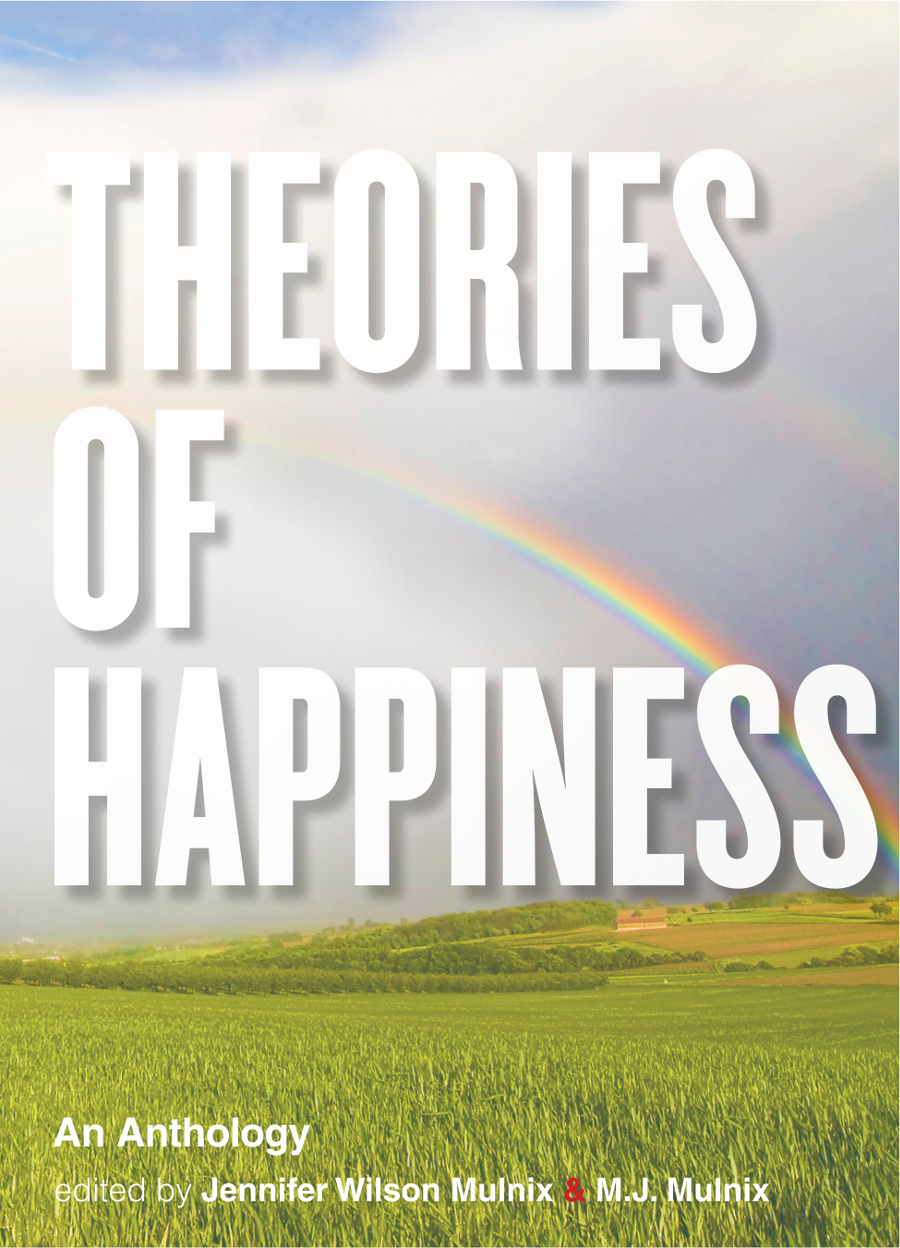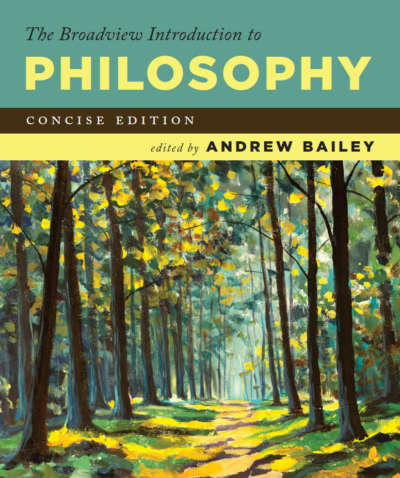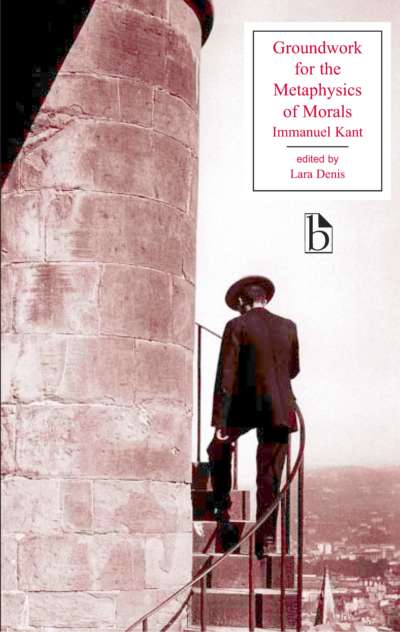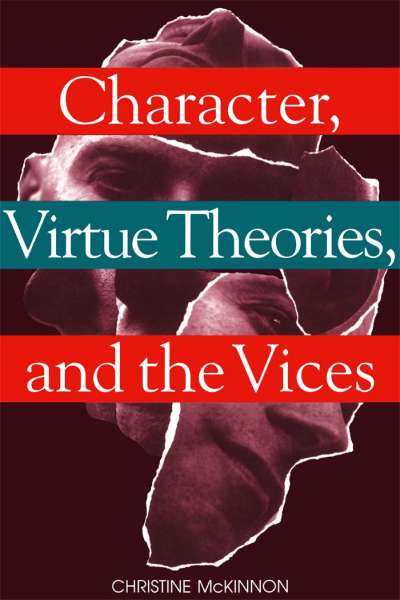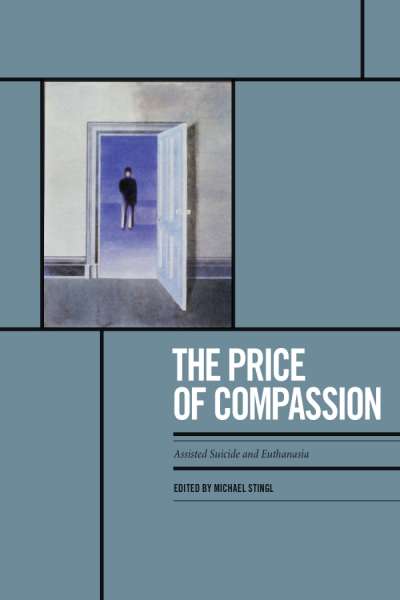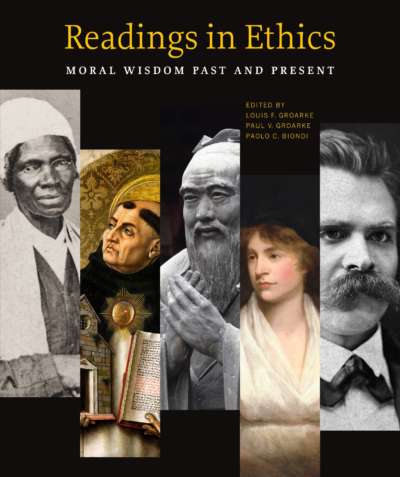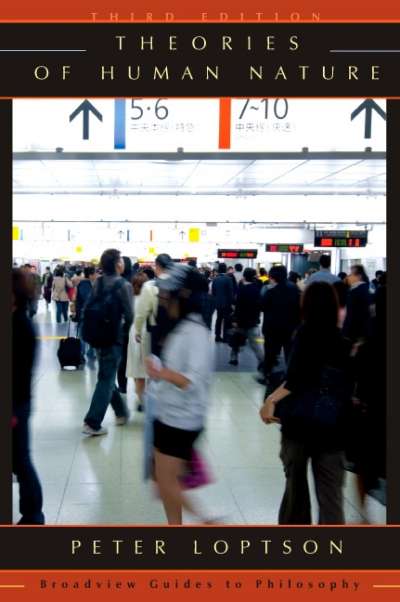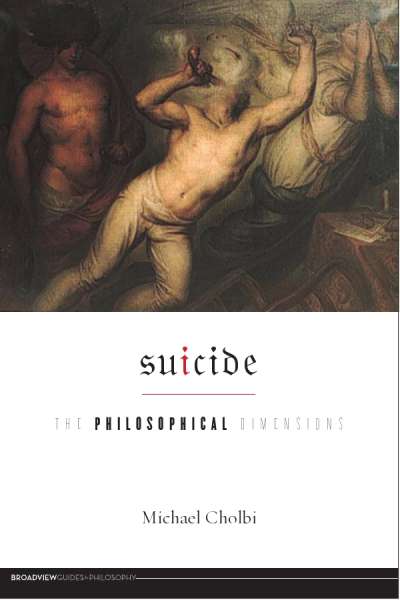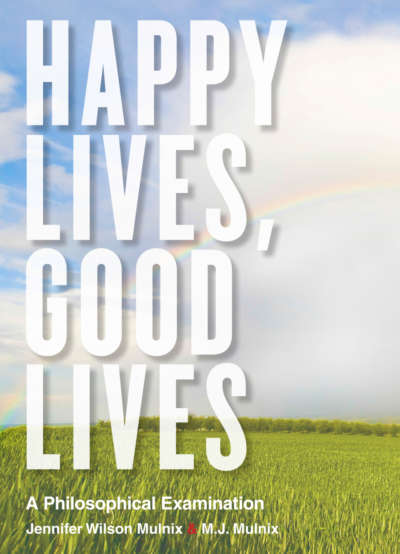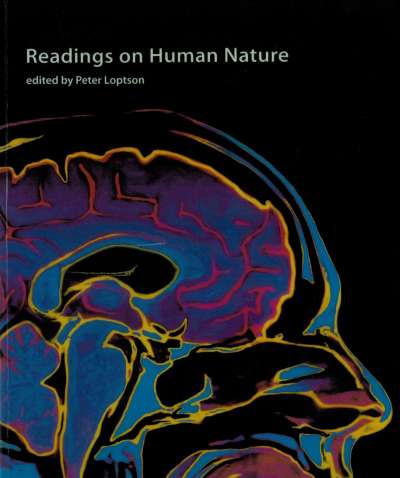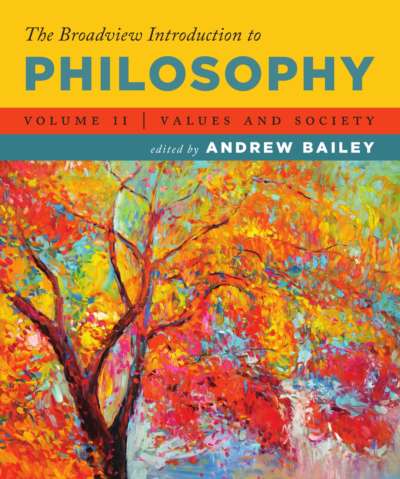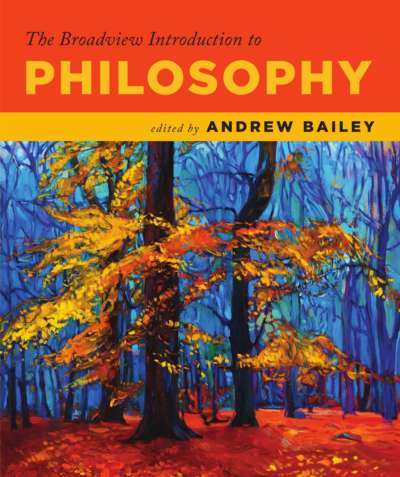Theories of Happiness: An Anthology introduces readers to many difficult philosophical questions surrounding the concept of happiness. With historical and contemporary readings in philosophy, psychology, and the social sciences, the anthology reflects a dialogue between ideas, providing for a rich conversation that brings out the key insights and strengths of several competing views. Each of the included readings is contextualized by the editors and situated to speak to the larger issues, including the value of happiness and its connection to well-being, the relationship of happiness to morality, whether happiness can be accurately and meaningfully measured, and whether there are universal standards for a happy life.
Comments
“An excellent collection that includes not only the usual philosophical suspects, but also some important papers by psychologists and one by the Dalai Lama. Students are bound to find that these readings expand their thinking and challenge what they thought they knew about happiness. Teachers will appreciate the thoughtful chapter introductions that highlight the advantages and disadvantages of the theories covered.” — Valerie Tiberius, University of Minnesota
“Mulnix and Mulnix have skillfully chosen highly accessible ancient and contemporary works on the most important philosophical theories of happiness. Given its relatively low cost, accessible readings, and interdisciplinary flavor, Theories of Happiness would be a wonderful textbook for an appealing and engaging course on happiness.” — Dan Weijers, California State University, Sacramento

